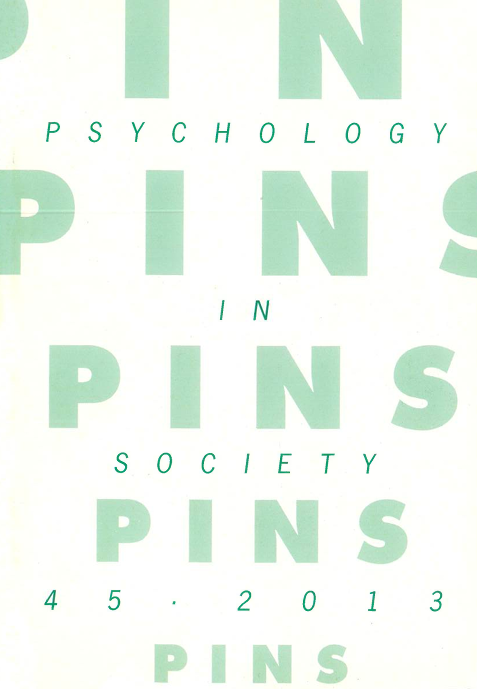FOREGROUNDING DIVERSE AFRICAN SEXUALITIES
DOI:
https://doi.org/10.17159//2309-8708/2013/n45a11Abstract
Gunkel, Henriette (2010) The cultural politics of female sexuality in South Africa. New York & London: Routledge. ISBN 978-0-415-89555-2 pbk. Pages xii + 181.
In her book, The cultural politics of female sexuality in South Africa, Gunkel develops a comprehensive analysis that powerfully illustrates the complex ways in which sexuality is socially and historically constructed. In particular it highlights the importance of the concept of “intersectionality”, which emphasises the varied and complex ways in which a number of “social positionalities” (or “axes of social power”) such as politics, gender, race and sexuality intersect, shape and constitute each other (Steyn & van Zyl, 2012: 8-9). More specifically it highlights the importance of what Steyn and van Zyl (2012: 9) refer to as “a politics of location”, that is, a recognition of the way in which sexualities are constituted in particular ways in particular socio-historical locations. In this way the overall project of Gunkel’s book is, in her own words, “centered around, and seeks to account for, the sexual politics that have emerged out of post-apartheid South Africa” (p 4).
Downloads
Downloads
Published
How to Cite
Issue
Section
License
This journal is an open access journal, and the authors' and journal should be properly acknowledged, when works are cited.
Authors may use the publishers version for teaching purposes, in books, theses, dissertations, conferences and conference papers.
A copy of the authors’ publishers version may also be hosted on the following websites:
- Non-commercial personal homepage or blog.
- Institutional webpage.
- Authors Institutional Repository.
The following notice should accompany such a posting on the website: “This is an electronic version of an article published in PINS, Volume XXX, number XXX, pages XXX–XXX”, DOI. Authors should also supply a hyperlink to the original paper or indicate where the original paper (http://www.journals.ac.za/index.php/pins) may be found.
Authors publishers version, affiliated with the Stellenbosch University will be automatically deposited in the University’s’ Institutional Repository SUNScholar.
Articles as a whole, may not be re-published with another journal.
The copyright of the article(s) lies with the author(s).
The copyright of the journal lies with PINS-psychology in Society.
The following license applies:
Attribution CC BY-NC-ND 4.0 - https://creativecommons.org/licenses/by-nc-nd/4.0/

